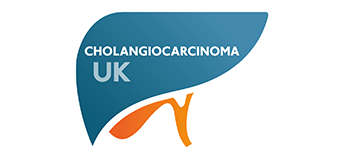A new study highlighting early BTC symptoms …
For the first time, a study on the early symptoms of pancreatic and biliary tract cancer (bile duct cancer/cholangiocarcinoma) in patients diagnosed with these diseases has been carried out and the findings have now been published in BMJ Open1 in a paper entitled, “A case-control study comparing the incidence of early symptoms in pancreatic and biliary tract cancer”2.
This is particularly interesting to us at AMMF as, although the major emphasis in the paper would seem to be on pancreatic cancer, a little of the spotlight is falling on BTC here and that is excellent. As is mentioned in the paper, “This is the first study to evaluate early symptoms of biliary tract cancer in primary care.” and again, “Almost no studies have explored the symptom profile of BTC”. Until now.
Statistics in the paper show that dyspepsia is associated more with pancreatic cancer than BTC – and, of course, statistics are statistics. However, it is interesting to note that when we ran a feature on the symptoms of cholangiocarcinoma some little while ago, several people mentioned that their first symptom had been dyspepsia, and this is not a symptom usually listed. AMMF sought medical opinion on this at that time, and came to the conclusion that it actually was one of cholangiocarcinoma’s non-specific symptoms.
We raised this with Dr Stephen Pereira, from UCL Institute for Liver and Digestive Health, the paper’s corresponding author, who replied, “You are right about dyspepsia sometimes being a symptom in BTC – in our series it was 14% which was only a bit less than the 20% pancreatic cancer rate, so certainly something to think about.”
To see AMMF’s original article on “the Indigestion Question” click here
In the paper’s Abstract Conclusions it is mentioned that, ‘… routinely performed blood tests …” would be helpful in conjunction with knowing the early alarm symptoms and identifying them through the use of ‘symptom based cancer decision support tools’ (CDSTs).
Many of AMMF’s supporters have told us of having elevated LFT (liver function test) results very early on, and so this information was used in our letter to GPs as part of our GP Awareness Campaign launched in February 2014. AMMF’s GP Awareness campaign is ongoing – more information on this, and the GP letter, can be found by clicking here
Dr Pereira has also commented that, “We are setting up rapid access multidisciplinary clinics that GPs can send patients to the same day if they are concerned or have used symptom recognition tools, and we should have some early pilot data sometime in 2015.”
So, AMMF is now hopeful that this work may lead to a CDST (‘symptom based cancer decision support tool’) for cholangiocarcinoma, which may help to achieve earlier diagnosis and thereby enable more patients to receive potentially curative surgery than is the case currently.
To read the paper, “A case-control study comparing the incidence of early symptoms in pancreatic and biliary tract cancer” in full, click here
We will be keeping in touch with Dr Pereira as things progress – but this paper is definitely a step in the right direction …
For further information on CC symptoms and diagnosis, click here
References:
1 BMJ Open – An open access, online-only general medical journal dedicated to publishing research from all disciplines and therapeutic areas.
2 The paper’s authors are: Keane MG, 1 Horsfall L, 2 Rait G, 2 Pereira SP.1
- Institute for Liver and Digestive Health, University College London, Royal Free Campus, Rowland Hill St, London, NW3 2PF, UK.
- Research Department of Primary Care and Population Health, University College London, Royal Free Campus, Rowland Hill St, London, NW3 2PF, UK.
November 2014







